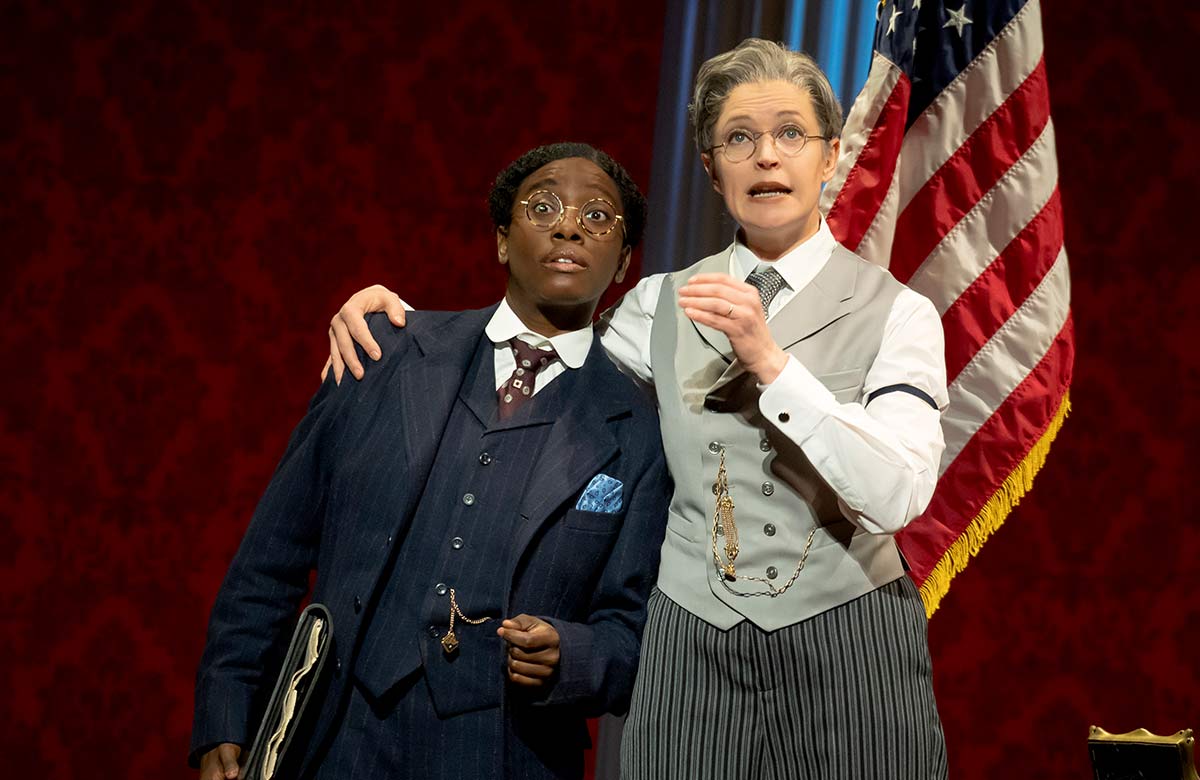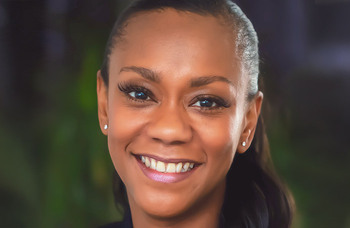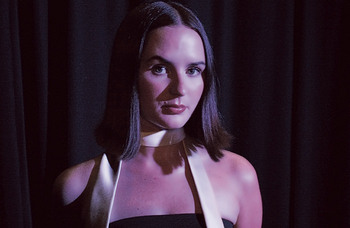Could the US approach to tuition-free drama schools spread to the UK?
UK drama schools operate within different parameters to their American counterparts when it comes to fees, but could the fact that Yale and now Juilliard have gone tuition-free motivate other institutions to do the same? Fergus Morgan seeks answers
New York City’s Juilliard School is one of the most prestigious performing arts conservatories in the world. At its home in Manhattan’s Upper West Side, it runs courses in dance, music and drama, with a long list of alumni that includes such luminaries as musician Nina Simone, actor Patti LuPone, and playwright Katori Hall.
“I don’t like the word ‘elite’ because it implies exclusivity,” says Evan Yionoulis, an Obie award-winning director and Juilliard School’s head of drama. “But, yes, we are well known for providing the highest quality of education available for our students.”
World-leading performing arts training does not usually come cheap, though, especially in the US. The average annual cost of tuition at a private higher education institute in the US exceeds $53,000 – more than £42,000. At Juilliard, it is $53,300 for 2023-24 – just more than £42,000. And that figure excludes the associated costs of accommodation, food, health insurance, academic supplies and transport. Juilliard’s estimated “cost of attendance” for the current academic year was $83,892 – about £66,000. What this means in most cases is that students graduate with a huge amount of debt.
For some students at Juilliard School, though, that debt is about to dramatically decrease. As of this autumn, the conservatory’s MFA Acting programme will join a growing list of its programmes that are “tuition-free”. Students will still have to cover their living expenses – no small cost – but their actual education will be entirely gratis.
“Juilliard has three divisions – music, dance and drama,” explains Yionoulis. “Within the drama division, there is a two year diploma in playwriting and a four-year acting programme. Our acting programme has 18 students each year and roughly half of those are BFA students and half of them are MFA students. We are rather unique in having both BFA and MFA students studying together, actually. BFA students take other liberal arts classes as well, but all their acting training – their training in movement, voice, scene study, the Alexander Technique, you name it – they do together.”
Continues...
‘The current economic situation in American theatre has meant people downsizing seasons and doing shows with fewer actors, and that means fewer opportunities for graduating actors’
Juilliard School head of drama Evan Yionoulis
As of this autumn, both new and existing MFA Acting students will see their annual tuition fees go from more than $53,000 to zero. The fourth year has been tuition-free since the programme was founded by Yionoulis’ predecessor Jim Houghton in 2012: now, Houghton’s dream of making the entire course tuition-free has been realised.
The development has been made possible chiefly by two gifts – a donation from producer Stephanie P McClelland and her husband Carter McClelland that has been matched by producer John Gore – plus several smaller donations from other estates. The total amount donated is reportedly $15 million, an amount Yionoulis says is a “substantial enough” endowment to make the MFA Acting programme “tuition-free” in perpetuity.
Why has Juilliard School done this? According to Yionoulis, there are two key reasons. Firstly, it means students will graduate without hundreds of thousands of dollars of debt, allowing them to take their first steps as professionals with more freedom. MFA students will likely already have significant debt from undergraduate degrees, after all.
“The current economic situation in American theatre has meant people downsizing seasons and doing shows with fewer actors, and that means fewer opportunities for graduating actors,” Yionoulis says. “We try to prepare our students to cope with that, and there is nothing wrong with an artist having another job to pay the bills, but right now we are losing people to full-time jobs because of the financial pressure they are facing. You cannot pay back tens of thousands of dollars’ worth of loans by bartending.”
Secondly, the move means more people from disadvantaged backgrounds can train at Juilliard School, which in turn will result in an increase in diversity in the student body.
“We already have a very diverse student body, but once this big economic barrier is lifted, more and more people will feel that they can come and take their shot,” says Yionoulis. “Already applications for our MFA Acting programme this year have doubled.”
The development is part of a wider trend in performing arts education in the US. Several of Juilliard School’s other programmes – including the diploma in playwriting – are already tuition-free, while Yale University’s entire drama school stopped charging tuition in 2021, after a gift of $150 million from billionaire businessman David Geffen. What was Yale School of Drama since 1955 has become the David Geffen School of Drama.
“I hope this is part of a larger movement,” says Yionoulis. “Of course, we don’t think of it as a competitive thing, but if the fact that we have gone tuition-free and Yale has gone tuition-free motivates others to do the same, then that would be wonderful.”
Continues...
Fees in England
Could this trend spread across the Atlantic? Undergraduate fees in England are currently capped at £9,250, but postgraduate fees are not capped at all. LAMDA’s MFA Professional Acting costs £14,885 per year, RADA’s MA Theatre Lab costs £16,160 per year, and the Royal Central School of Speech and Drama’s MA Acting costs £22,750 per year. Might they follow Juilliard’s example and make their courses tuition-free, too?
According to Niamh Dowling, RADA’s principal, it is unlikely, principally because UK drama schools operate within different parameters to their American counterparts.
Undergraduate tuition fees in the UK are capped at £9,250, and that £9,250 is not worth as much as it was when it was frozen in 2017. The result is that most UK drama schools need to charge more for their postgraduate courses simply to balance their books.
“Postgraduate fees are not capped,” Dowling says. “Therefore, universities and drama schools can be realistic about what it costs to run a course and charge appropriate fees. Often in the UK, there needs to be a cross-subsidy from postgraduate to undergraduate. Mostly, the reality in drama schools is that postgraduate fees for acting courses are reflective of the actual costs of running a course.”
UK drama schools, Dowling says, find themselves in “difficult financial circumstances”, facing the challenge of resolving the “shortfall between capped fees and rising costs” by seeking out alternative income streams. RADA, a relatively small institution with 180 students, must make 73% of its income for everyday costs through other means: fundraising, short courses and RADA Business, its consultancy programme.
Continues...
‘The conversation about postgraduate bursaries is live with us. Postgraduate courses are a vital step towards access and rewarding professional employment and offer significant entry into the industry’
RADA principal Niamh Dowling
There are other factors to acknowledge here, according to Dowling. Drama schools in the UK were hit hard by Covid, with many using up their reserves to pay for extra staff and extra space. Drama schools in the UK do not benefit from the same culture of endowments and legacies as their American equivalents do, either. And drama schools are smaller than universities, yet face many of the same costly regulatory demands.
RADA is still committed to making its courses affordable, Dowling says. The drama school raises £500,000 per year for student scholarships. They support roughly half of its undergraduate students, but none are available for postgraduate students. Other institutions do offer bursaries for postgraduate training, but they are scarce.
The idea of copying Juilliard and making postgraduate training tuition-free is not entirely fanciful for UK drama schools, then, but it would require either a drastic change in financial circumstances or a sustained effort to raise significant sums of money. “The conversation about postgraduate bursaries is live with us now,” Dowling says. “Postgraduate courses are no longer – if they ever really were – an esoteric pursuit for a tiny academic minority. They are instead an important step towards access and rewarding professional employment and offer significant entry into the industry.”
Dowling adds: “Our fundraising is now firmly focused… on expanding our major donor support both in the UK and internationally, bringing more visibility to the impact of legacy gifts and endowments from major donors, and engaging a wide, diverse pool of supporters and funders so we can create a sustainable funding base for RADA.
We need to figure out how to support master’s degrees as a path to social mobility.” n
Opinion
Recommended for you
Advice
Recommended for you
Most Read
Across The Stage this weekYour subscription helps ensure our journalism can continue
Invest in The Stage today with a subscription starting at just £5.99

 Fergus Morgan
Fergus Morgan










